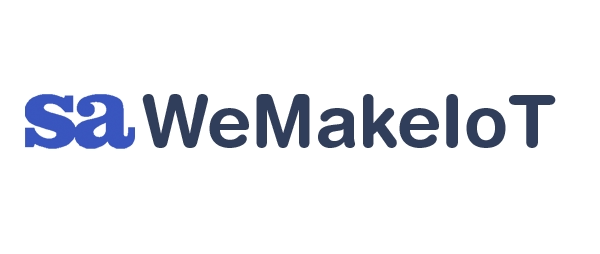IoT contributing growth of Startup
The Internet of Things did not take much time to transform a simple buzzword termed ‘Connected World’ into a reality. Today, IoT has become an integral part of not just various industries but also our lives in the form of smart vehicles, smart homes, etc. A more profound impact of IoT can be seen among many startups across the globe. IoT contributes to growth of startups in different ways.
Influence of IoT on Startups
Startups are budding businesses that generally focus on innovative problem-solving or accelerated growth. Obviously, they will need to stand out from the competition to make their mark. So many startups contemplate investing in new-gen technologies & how they can transform their business model for the better.
With IoT getting many buzzing variations and definitions, it’s no surprise that startups have begun investing in the Internet of Things to be granted a fertile ground where they can create smarter, more efficient, and more adaptable solutions to solve specific problems. This also applies to startups with the expertise to harness the potential of the Internet of Things and IoT app development businesses.
With IoT, startups get innovative business models and some positive changes in their payment value chain.
IoT redefines a business’ success
For a business to measure its success, they look at customer reviews. But this isn’t a reliable approach because consumers often perform actions that tend to be counter-intuitive. So even a business with poor reviews may have a rising stock value. So what should they trust to measure their success then?
Data.
The true value of the Internet of Things is the data & insights it can provide. And what IoT offers with its data is ‘truth’.
Here are a few ways how data saves businesses.
1. A business model focused on personalized marketing & improved CRM
With the data harnessed by IoT technologies, startups can essentially design effective customer engagement tactics; something where they can target their marketing campaigns more accurately through the right channels. Additionally, IoT also facilitates monitoring customer engagement i.e. startups could be informed when the usage of their products is coming down, and figure out ways to fix that thus increasing both customer retention and CLV (Customer Lifetime Value).
2. A business model for increased conversion
Just like how IoT data can help startups segment their target market & audience, the sales team can use IoT customer data to improve their interactions with prospects. For instance, imagine a business selling ACs. With IoT sensors and analytics, they can identify customers living in warm climates where AC maintenance requests can be high. Sales can get in touch with them to suggest a more robust AC unit or even cross-sell a maintenance service package at the right time. Essentially, startups can address problems & solve them as they occur with IoT.
3. A business model for improved products
Reviews and CRM data in an IoT ecosystem also provide insights for the product development team into trends and pain points. This enables developers to improve products for increasing engagement and loyalty. With IoT, we aren’t talking about reported usage data but actual usage.
A connection, though not direct, is established between the product development team and the startup’s customers. Complemented by real-time usage data, the developers can work on improving their product’s value while keeping up with changing customer demands. Apart from this, an IoT ecosystem also allows the development team to have more synchronized workflows with timely reminders on prioritized development phases & modules.
These are just a few ways how many businesses leverage IoT for an effective business model.
IoT & the Future of modern businesses
As IoT is capable of providing both a business and its customers a recurring, continuous value, it’s often claimed to be the most economically viable technology for business innovation. In addition to improving product development, streamlining workflows & communication, and empowering marketing & sales, the Internet of Things can also imbue startups with various useful capabilities like compliance monitoring, growth forecast, risks management, asset tracking & remote operations to name a few.
IoT adoption is the tricky part, however. A third-party strategic partnership with an IoT specialist is the path most commonly chosen. IoT app development expertise is also a must-have.
As long as a startup can invest in integrating the Internet of Things with their business via a stable IoT platform, their progress towards a better future in this digital age is pretty much guaranteed. IoT continues to inspire more businesses every year to innovate. And all they need to get on the bandwagon is to figure out how they can adopt IoT the right way.

